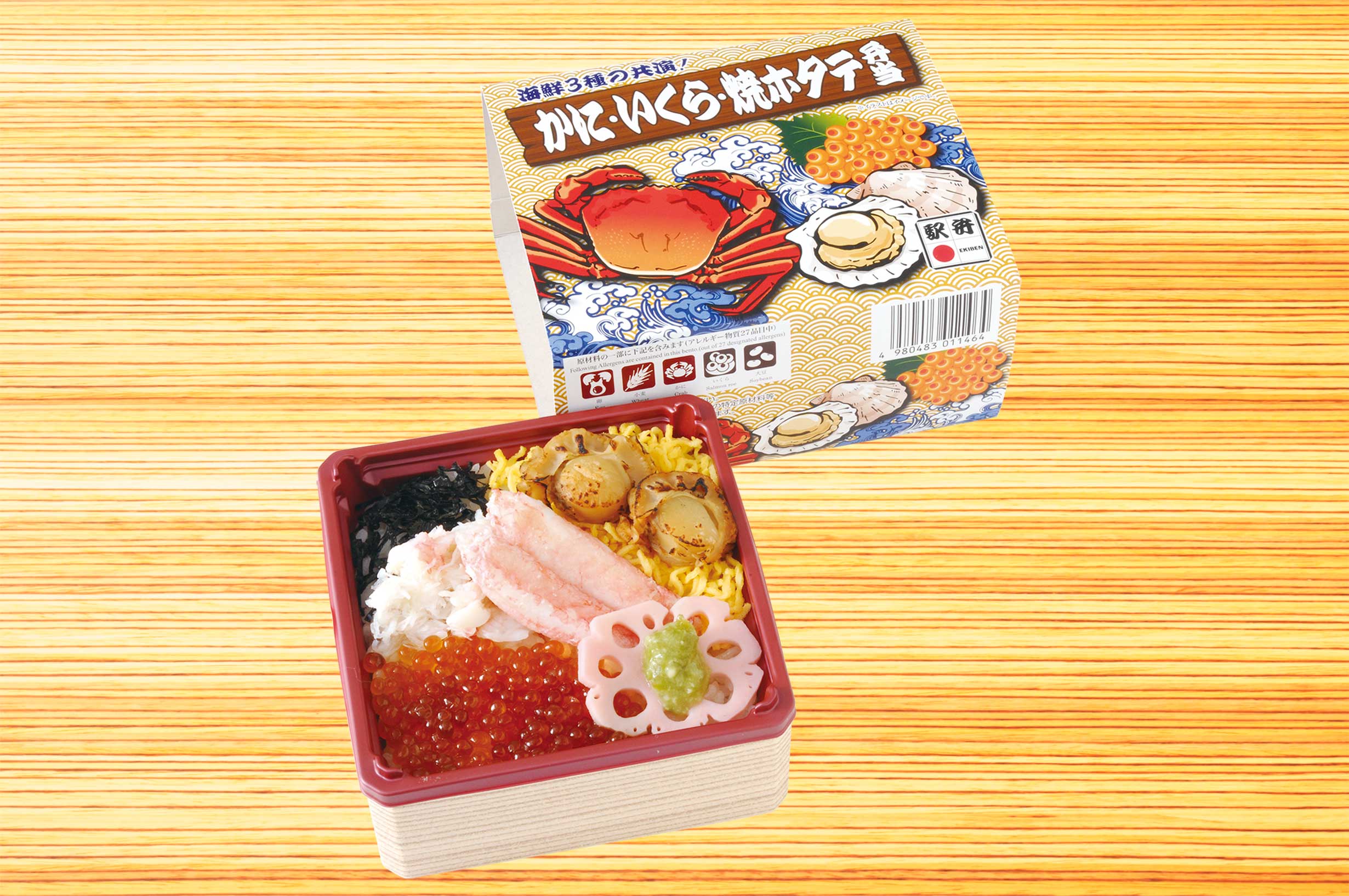Unlock The Secrets Of "Ikura De Yarimasu": A Deep Dive Into The Art Of Negotiation
Let me tell you something, folks. Negotiation is an art, and "Ikura De Yarimasu" is like the secret sauce of deal-making in Japan. Imagine this: you're walking into a meeting, ready to strike a deal, but the language barrier feels like a mountain between you and success. That's where "Ikura De Yarimasu" comes in, and trust me, it's a game-changer. So, let's break it down, shall we?
This phrase is not just words; it's a mindset, a way of thinking that can help you navigate the complex world of Japanese business. Whether you're a seasoned negotiator or just starting out, understanding "Ikura De Yarimasu" can give you the edge you need to close deals like a pro.
So, why should you care about this? Well, in today's globalized world, knowing how to negotiate effectively is more important than ever. And when it comes to Japan, "Ikura De Yarimasu" is the key to unlocking the door to successful negotiations. Let's dive in and explore what makes this phrase so powerful.
- Unveiling Elvis Presleys Enduring Legacy A Deep Dive
- Who Is Gabriel Iglesias Son Fluffys Kid A Deep Dive Now
What Exactly is "Ikura De Yarimasu"?
Let's start with the basics. "Ikura De Yarimasu" roughly translates to "How much for this?" or "What's the price?" in English. But it's more than just asking about prices; it's a way of starting a conversation that leads to negotiation. It's like saying, "Hey, let's talk about this and see where we can meet in the middle."
This phrase is commonly used in business settings, but it also applies to everyday situations like shopping or dining out. In Japan, negotiation isn't just about numbers; it's about building relationships and trust. And "Ikura De Yarimasu" is the first step in that process.
Why is "Ikura De Yarimasu" Important?
In Japanese culture, negotiation is seen as a collaborative effort rather than a competition. "Ikura De Yarimasu" sets the tone for this kind of interaction. It shows that you're open to discussion and willing to work together to find a solution that benefits both parties.
- Unveiling Albert Quinn Ingalls The Life Of Farming Pioneer
- Decoding The Bedroom Floor Lyrics Symbolism And Meaning
Here are a few reasons why this phrase is so important:
- It establishes trust and respect between parties.
- It opens the door to meaningful dialogue.
- It helps build long-term relationships.
- It demonstrates cultural sensitivity and awareness.
How to Use "Ikura De Yarimasu" Effectively
Using "Ikura De Yarimasu" isn't as simple as just saying the words. You need to understand the context and the cultural nuances behind it. Here are some tips to help you use it effectively:
First, make sure you're in the right setting. This phrase works best in informal or semi-formal situations where there's room for negotiation. Next, be mindful of your tone and body language. In Japan, how you say something is just as important as what you say.
Key Points to Remember
- Be respectful and polite.
- Listen actively to the other party's response.
- Be prepared to compromise and find common ground.
- Keep the conversation light and friendly.
Understanding Japanese Business Culture
To truly master "Ikura De Yarimasu," you need to have a solid understanding of Japanese business culture. Here are a few things to keep in mind:
Japanese businesspeople value relationships and trust above all else. They often spend time building rapport before diving into the nitty-gritty of negotiations. Patience is key, and rushing the process can backfire. Additionally, hierarchy plays a significant role in decision-making, so be sure to address the right person in the room.
Key Aspects of Japanese Business Etiquette
- Always exchange business cards.
- Be punctual for meetings.
- Use formal language and titles when addressing others.
- Show respect for seniority and experience.
The Art of Negotiation in Japan
Negotiation in Japan is a delicate dance that requires finesse and strategy. It's not about winning or losing; it's about finding a mutually beneficial solution. Here are some strategies to help you negotiate like a pro:
Start by setting clear goals and priorities. Know what you want to achieve and what you're willing to compromise on. Then, focus on building rapport and trust with the other party. Use "Ikura De Yarimasu" as a starting point to open the conversation and explore possibilities.
Effective Negotiation Techniques
- Be patient and let the other party speak first.
- Ask open-ended questions to encourage dialogue.
- Be prepared to walk away if necessary.
- Always end on a positive note, even if the negotiation doesn't go as planned.
Common Mistakes to Avoid
Even the best negotiators make mistakes, but in Japan, some errors can be deal-breakers. Here are a few common pitfalls to avoid:
First, don't rush the process. Japanese businesspeople value taking their time to build relationships and trust. Second, avoid being too aggressive or confrontational. This can come across as disrespectful and damage the negotiation. Finally, be careful not to underestimate the importance of non-verbal communication. In Japan, how you behave is just as important as what you say.
Things to Keep in Mind
- Respect cultural differences and traditions.
- Be mindful of your tone and body language.
- Stay calm and composed, even under pressure.
- Learn from your mistakes and adapt accordingly.
Real-Life Examples of "Ikura De Yarimasu" in Action
Let's look at some real-life scenarios where "Ikura De Yarimasu" has been used successfully. Imagine you're at a local market in Tokyo, browsing through handmade crafts. You see a beautiful piece that catches your eye, but the price seems a bit steep. Instead of walking away, you approach the vendor and say, "Ikura De Yarimasu?" This simple phrase opens the door to negotiation and allows you to potentially walk away with a great deal.
Or consider a business meeting where you're discussing a potential partnership. Using "Ikura De Yarimasu" can help break the ice and encourage both parties to explore different options. It shows that you're open to discussion and willing to find a solution that works for everyone.
Resources for Learning More
If you're serious about mastering "Ikura De Yarimasu" and Japanese negotiation techniques, there are plenty of resources available. Books like "Negotiating Globally" by Jeanne Brett and "The Art of Japanese Business" by Boye Lafayette De Mente offer valuable insights into the subject.
Additionally, online courses and workshops can provide hands-on experience and practical tips. Websites like Coursera and Udemy offer courses on cross-cultural communication and negotiation skills. And don't forget about local Japanese language and culture classes, which can be a great way to immerse yourself in the language and customs.
Conclusion
So, there you have it, folks. "Ikura De Yarimasu" is more than just a phrase; it's a powerful tool for successful negotiation in Japan. By understanding the cultural nuances and strategies behind it, you can take your negotiation skills to the next level.
Here's a quick recap of what we've covered:
- "Ikura De Yarimasu" is a key phrase in Japanese negotiation.
- It's important to understand Japanese business culture and etiquette.
- Effective negotiation requires patience, respect, and compromise.
- Avoid common mistakes and learn from your experiences.
Now, it's your turn to put this knowledge into action. Whether you're negotiating a business deal or haggling at a market, "Ikura De Yarimasu" can help you succeed. So, go out there and give it a try! And don't forget to share your experiences in the comments below. We'd love to hear how it goes.
Table of Contents
- What Exactly is "Ikura De Yarimasu"?
- Why is "Ikura De Yarimasu" Important?
- How to Use "Ikura De Yarimasu" Effectively
- Understanding Japanese Business Culture
- The Art of Negotiation in Japan
- Common Mistakes to Avoid
- Real-Life Examples of "Ikura De Yarimasu" in Action
- Resources for Learning More
- Conclusion
- Decoding Wendy Williams Impact A Look Into Pop Culture Entertainment
- Discover The Influential Work Of Janel Moloney Bradley Whitford Today

http//www.ekiben.or.jp/daimasu/images/Kani_Ikura_YakiHotate.jpg

IKURA Oh!SUSHI

Ikura Sushi Traditional Rice Dish From Japan